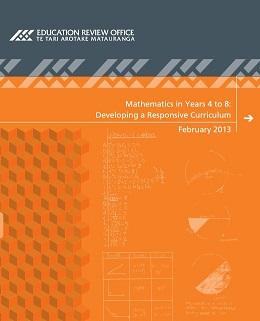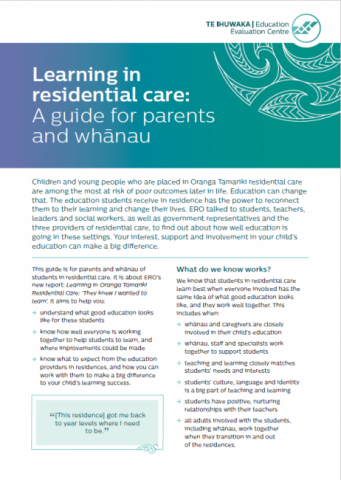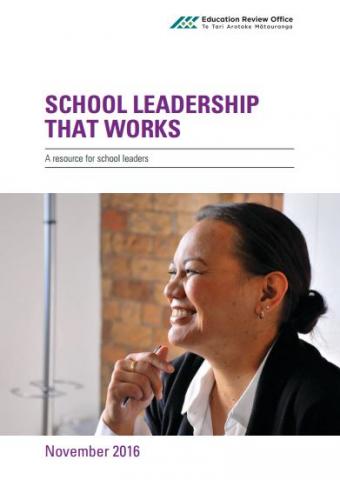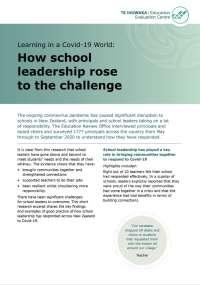Mathematics in Years 4 to 8 Developing a Responsive Curriculum
Published: 01 Feb 2013
This report is one of a series of evaluations ERO has undertaken on how schools are working with the National Standards within The New Zealand Curriculum. In this evaluation ERO used the mathematics learning area and associated standards to look at what schools were doing to raise the achievement of students in Years 4 to 8.
- Audience:
- Education
- Parents
- Schools
- Content type:
- Research
- Topics:
- Mathematics
- Curriculum
- Raising achievement
- Achievement












